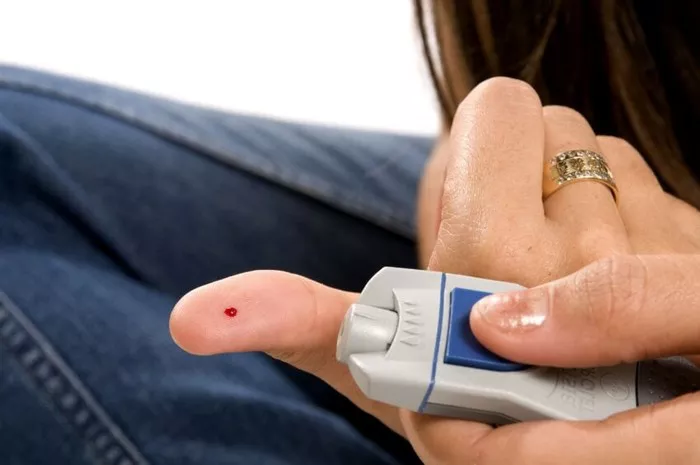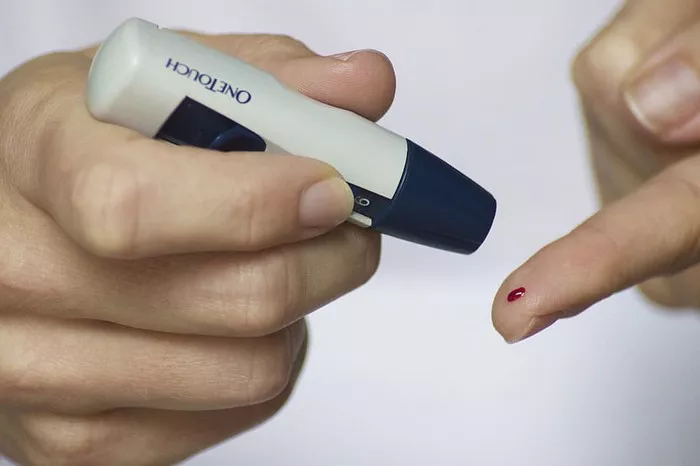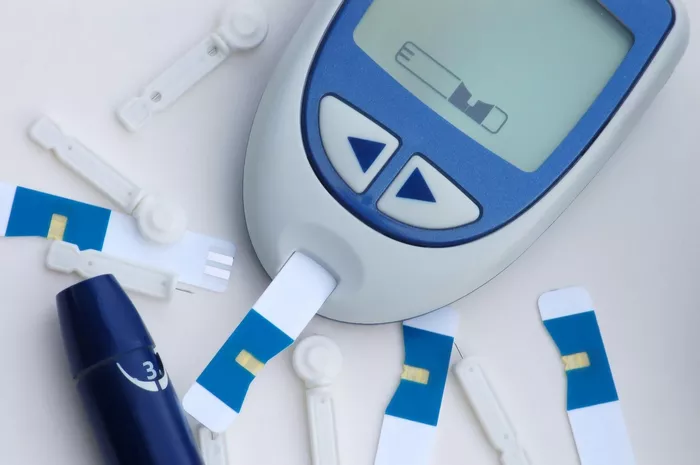Blood sugar levels, also known as blood glucose levels, refer to the concentration of glucose present in the bloodstream. For individuals living with diabetes, monitoring blood sugar levels is a critical aspect of managing their condition effectively. The significance of regular blood sugar monitoring cannot be overstated, as it provides valuable insights into how the body processes glucose and helps individuals make informed decisions about their diabetes management.
General Guidelines
The frequency of blood sugar checks varies depending on the type of diabetes and individual circumstances. For individuals with type 1 diabetes, frequent monitoring, often multiple times a day, is typically necessary due to the reliance on insulin therapy. Similarly, those with type 2 diabetes may require regular monitoring, especially if they are on medication or insulin therapy. Gestational diabetes may also necessitate increased monitoring during pregnancy to ensure the health of both the mother and the baby.
However, it’s essential to recognize that one size does not fit all when it comes to blood sugar monitoring. Personalized care is paramount, and consulting with a healthcare professional is crucial to determining the specific monitoring schedule tailored to individual needs. Factors such as age, overall health, medication regimen, and lifestyle habits all play a role in determining the appropriate frequency of blood sugar checks.
Several factors influence how often blood sugar levels should be checked. These include the type of diabetes and its severity, as well as the individual’s medications and insulin regimen. Lifestyle factors such as diet, exercise, stress, and illness can also impact blood sugar levels and may necessitate more frequent monitoring.
Additionally, other health conditions and medications may interact with diabetes management, affecting blood sugar levels and requiring closer monitoring. Understanding these factors and their potential impact is essential for developing an effective monitoring plan.
Target Blood Sugar Ranges
Healthcare professionals typically recommend target blood sugar ranges for fasting, pre-meal, post-meal, and bedtime readings. These target ranges may vary depending on individual circumstances, such as age, overall health, and treatment goals. For example, individuals with tighter glycemic control goals may have lower target ranges, while those at higher risk of hypoglycemia may have slightly higher targets.
It’s essential for individuals with diabetes to work closely with their healthcare team to establish personalized target ranges that align with their treatment plan and lifestyle.
Monitoring Tools and Techniques
There are various methods for checking blood sugar levels, each with its advantages and considerations. Self-monitoring with blood glucose meters is the most common method and allows individuals to check their blood sugar levels at home or on the go. Continuous glucose monitoring (CGM) systems provide real-time glucose readings throughout the day, offering valuable insights into trends and patterns. Flash glucose monitoring systems offer similar continuous monitoring capabilities but without the need for fingerstick calibrations.
When selecting a monitoring tool, factors such as lifestyle, preferences, and healthcare provider recommendations should be taken into account. It’s essential to choose a method that fits seamlessly into daily life and provides accurate and reliable results.
Developing a routine monitoring schedule is key to effectively managing diabetes. A sample monitoring schedule may include checking blood sugar levels before meals and snacks, as well as at various times throughout the day, such as before and after exercise. The timing of medication or insulin doses should also be taken into consideration when planning blood sugar checks.
Consistency is vital when it comes to monitoring blood sugar levels. Keeping track of trends and patterns over time can help individuals identify potential issues early and make adjustments to their diabetes management plan as needed.
Importance of Regular Follow-ups
Regular follow-up appointments with healthcare providers are essential for individuals living with diabetes. These appointments allow healthcare professionals to review blood sugar trends, adjust treatment plans as needed, and address any concerns or challenges that may arise.
During follow-up appointments, healthcare providers may conduct additional tests, such as A1C tests, to assess long-term blood sugar control. They may also provide education and support to help individuals better manage their diabetes and improve their overall health outcomes.
For further information on diabetes management, blood sugar monitoring, and related topics, there are numerous reputable resources available. National diabetes associations, healthcare organizations, and reputable medical websites offer a wealth of educational materials and support resources for individuals living with diabetes.
In addition to online resources, support groups and community organizations provide opportunities for individuals to connect with others facing similar challenges and share experiences and advice.
Conclusion
In conclusion, blood sugar monitoring is a fundamental aspect of managing diabetes effectively. By understanding the importance of regular monitoring, considering individual factors that influence monitoring frequency, and utilizing appropriate monitoring tools and techniques, individuals with diabetes can take control of their health and improve their quality of life. Regular follow-up appointments with healthcare providers and access to additional resources further support diabetes management efforts, empowering individuals to live well with diabetes.
Related Topics:
What Should You Eat Immediately If Your Blood Sugar Is High?



























